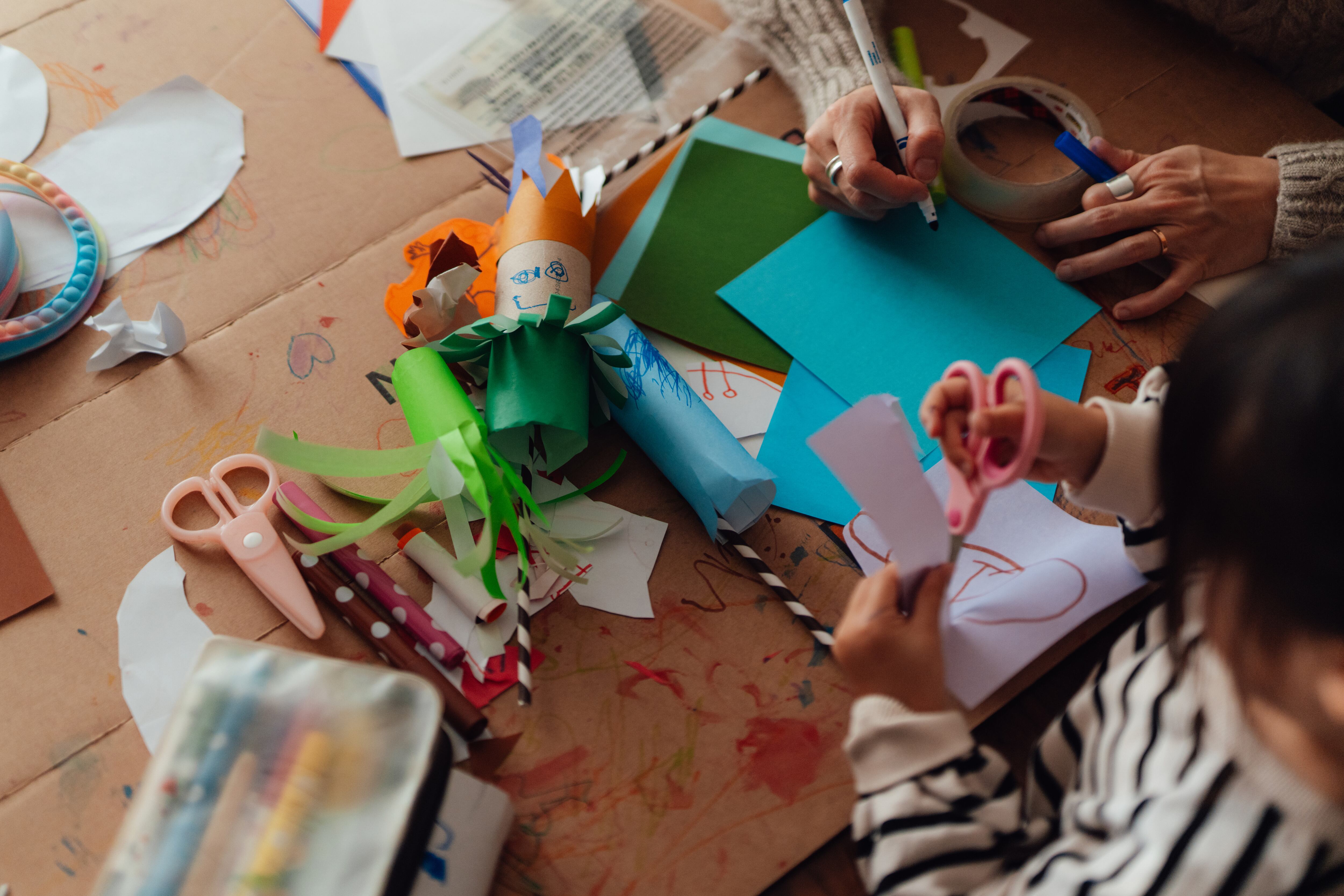Sign up for Chalkbeat Colorado’s free daily newsletter to get the latest reporting from us, plus curated news from other Colorado outlets, delivered to your inbox.
A rural school district, a college, and a science museum in western Colorado will all open new or expanded child care centers over the next two years, all funded in part with state grants for employer-based child care.
The projects include an expanded child care center in the Buena Vista school district, three child care classrooms in The Powerhouse, a children’s science museum in Durango, and a new child care space at Colorado Mountain College in Garfield County. The Buena Vista center will open this fall, and the other two will open in the fall of 2026.
Together, the projects will create about 330 new child care seats, chipping away at the perennial problem of child care shortages, particularly in Colorado’s rural communities. The state grant program, which aims to help employers provide child care for their workers, is largely funded with federal COVID stimulus money. With those dollars now used up, the grant program will end.
Child care programs offered inside or near workplaces can reduce staff turnover, shrink commute times, boost morale, and provide child care hours that better match parents’ work hours.
Colorado’s employer-based child care grant program gave out five rounds of grants — most worth $500,000 to $800,000 — to more than two dozen projects. They funded new child care centers at a ski resort in Steamboat Springs, a community hospital in Grand Junction, and a school district in La Veta. In several cases, new child care seats were made available to both employees and other local residents.
Many grant recipients got started by participating in a program that guides businesses through the complicated process of opening child care centers on their sites or nearby. It’s called the Design Lab and is run by the business group Executives Partnering to Invest in Children, or EPIC. From 2021 to 2024, the state kicked in more than $270,000 to help run the program.
“The success of the Design Lab and employer-based child care model is proof that when businesses and government collaborate around family-focused solutions, we create lasting impact,” said Lisa Roy, the executive director of Colorado’s Department of Early Childhood, in a press release.
Ann Schimke is a senior reporter at Chalkbeat, covering early childhood issues and early literacy. Contact Ann at aschimke@chalkbeat.org.







